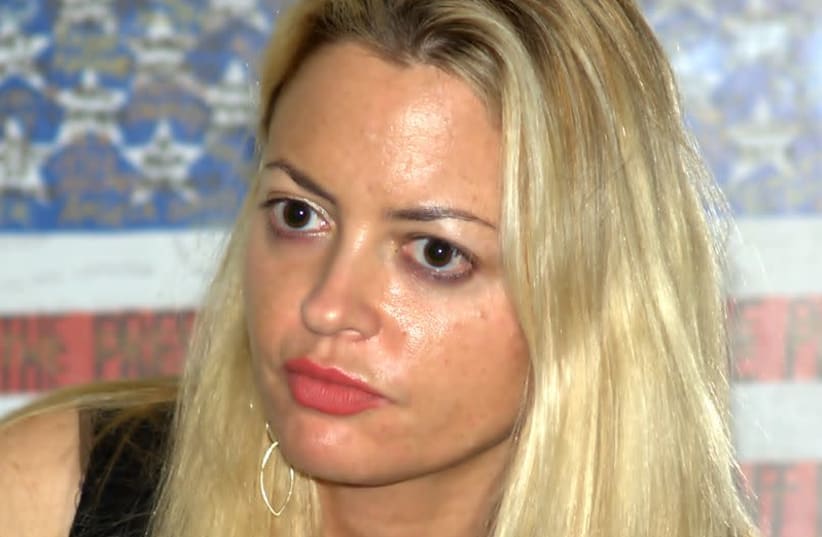Wurtzel died from metastatic breast cancer in Manhattan on Tuesday, her friend, the writer David Samuels, told The New York Times.Wurtzel’s book, published when she was just 27, was full of candid and often unflattering anecdotes about her drug use and sexual behavior, and drew much criticism from all quarters but was a New York Times bestseller and became the basis of a 2001 film starring Christina Ricci. Michiko Kakutani, writing in The New York Times, said, “Wrenching and comical, self-indulgent and self-aware, Prozac Nation possesses the raw candor of Joan Didion’s essays, the irritating emotional exhibitionism of Sylvia Plath’s The Bell Jar, and the wry, dark humor of a Bob Dylan song.”The book, which presaged the oversharing of the social-media era, inspired public dialogue about psychotropic medications that changed the way Americans viewed and spoke about depression. Writing in a 2018 article on the website The Cut about the impact of Prozac Nation and her public persona, she said, “I was a hashtag before there was Twitter.”Her subsequent books were not nearly as successful and received scathing reviews. Writing in The Guardian, Toby Young said that her 2001 book, More, Now Again, was “a confessional memoir by someone who has nothing to confess.” She wrote for many newspapers and magazines, including The Wall Street Journal.Wurtzel was born to Jewish family in New York City in 1967 and attended the Jewish school Ramaz. She graduated from Harvard and wrote about music for The New Yorker and New York magazine before publishing Prozac Nation.
Although she rarely wrote about international politics, in 2009, she published an article in The Guardian that said the European outrage over Israel’s actions in the 2008-2009 conflict with Gaza, compared with international tolerance for human-rights abuses in China, Darfur and Arab nations, indicated strong antisemitism.She went to Yale Law School in 2004 and received her J.D. degree in 2008, working as a lawyer for several years and writing on legal issues.She married James Freed Jr., a photo editor and writer, in 2015, the same year she received her breast-cancer diagnosis. In 2019, she announced they had separated. In an interview with Vice, she said that having breast cancer was not as stressful as being single in her 20s: “If I can handle 39 breakups in 21 days, I can get through cancer.”Elizabeth Wurtzel on Discovering the Truth About Her Parents. At age 50 I discovered my father is a famous civil rights photographer—and not the man I believed was my father. And my mother turned out to be not quite who I thought either. Read it all here: https://t.co/ji8lVxXUf1
— Elizabeth Wurtzel (@LizzieWurtzel) December 26, 2018
